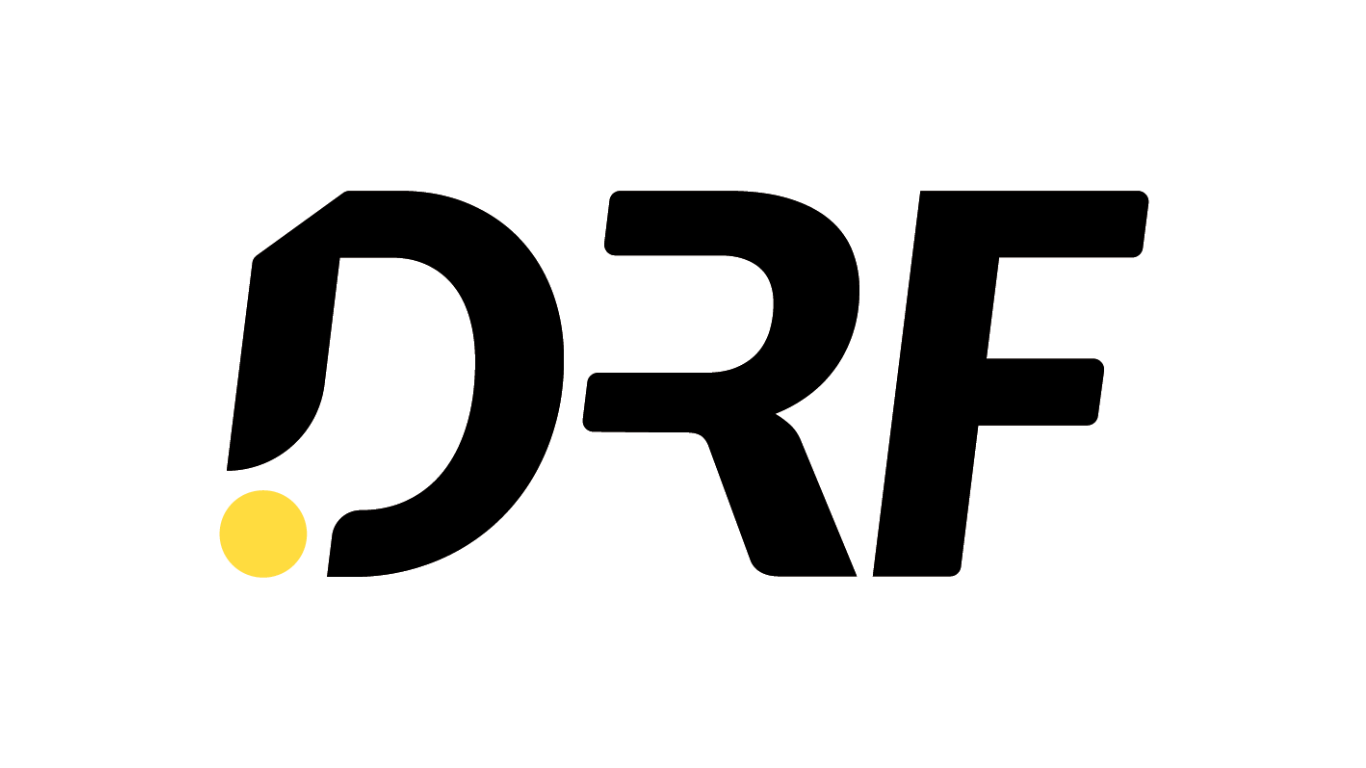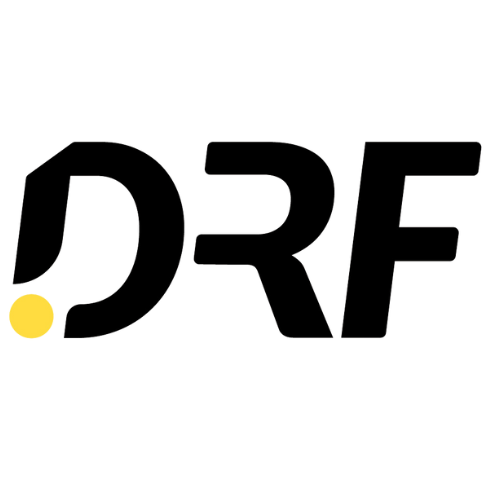Breaking the Cycle of Misinformation: A Path to Peace in South Sudan
- DRF Comms

- Mar 31, 2025
- 3 min read
Updated: Sep 16, 2025
By Ochaya Jackson & George Gumikiriza

In an era where misinformation fuels division and threatens peace, digital literacy and responsible reporting have never been more critical. Yesterday, we, at Digital Rights Frontlines (DRF), in collaboration with Journalists for Human Rights (JHR), convened a roundtable forum at Scenius Hub in Juba. This event marked the launch of a policy brief on Understanding the Level of Awareness, Impact, and Mechanisms of Combating Misinformation, Disinformation, and Hate Speech in South Sudan—a key milestone under the project, Tackling Mis/Disinformation to Promote Peace-building in South Sudan, supported by the Peace and Stabilisation Operations.
The gathering brought together fifty representatives from civil society organisations, community-based groups, media, and government institutions to discuss the findings of the policy paper and explore its implications. The conversations were insightful and urgent, reflecting the growing impact of digital falsehoods on national stability.
Hon. Oliver Mori, Chairperson of the Information Communication, Telecommunication and Postal Services Committee at the Revitalised Transitional National Legislative Assembly, addressed a crucial concern: political affiliation as a driver of hate speech and misinformation. He urged journalists to navigate the political landscape with neutrality, emphasising that objective, unbiased reporting enhances credibility and strengthens their role as truth-seekers.
Mary Agith, JHR’s Country Project Director, reinforced this by referencing the policy brief’s findings: "In South Sudan, misinformation, disinformation, and hate speech pose a significant danger by fuelling ethnic tensions, inciting violence, hindering peace-building efforts, and exacerbating conflicts—particularly through the rapid spread of harmful content on social media." She pointed out how South Sudan’s ethnic diversity, while a cornerstone of national identity, has also been exploited to incite division. However, with the right tools and collaboration, this diversity can be leveraged to build resilience and unity.
Majak Alier, representing the Union of Journalists of South Sudan (UJOSS), highlighted another pressing issue: the absence of a unified national media agenda. Without a cohesive narrative that promotes national unity, misinformation thrives. He urged the media to work towards a shared vision that prioritises facts over sensationalism.
A key recommendation from the policy brief is that government institutions must actively collaborate with civil society, fact-checking organisations, and media platforms to combat digital misinformation. Strengthening partnerships with social media companies was also emphasised as a crucial step in identifying and debunking harmful narratives before they escalate.
Building on this effort, we, alongside JHR, launched a social media campaign aimed at curbing hate speech, misinformation, and disinformation. The campaign will use printed materials, digital content, and grassroots engagements to educate citizens on how to recognise and resist harmful narratives.
Our board chairperson, Nelson Kwaje, provided a hands-on demonstration of monitoring tools used to track, record, and analyse the spread of misinformation. He noted that in today’s digital age, the boundary between truth and falsehood is increasingly blurred, creating an ecosystem of ‘information disorder.’ This campaign seeks to equip individuals and communities with verification techniques so they can differentiate between facts and manipulative content.
The policy paper is now publicly available and serves as a vital resource for national, state, and local governments, civil society, media houses, fact-checking organisations, social media influencers, the private sector, academic institutions, and community leaders. The insights within can help shape future strategies for tackling digital falsehoods and encouraging informed public discourse.
Download the full policy brief on the link below.
Through dialogue, education, and collaboration, we can reclaim the digital space as a force for peace, truth, and unity.
The policy brief and social media campaign are part of the JHR project "Tackling Mis/Disinformation to Promote Peace-building in South Sudan, supported by the Peace and Stabilisation Operations program with funding from the government of Canada.
JHR's mission has been to train and engage local journalists, media outlets, civil society organizations, and other stakeholders across the globe. Their work is pivotal in creating an environment where objective media can thrive, ensuring that public voices are heard and respected. Through their efforts, they aim to empower journalists and communities alike, making a lasting difference in the way human rights stories are told and heard.
Digital Rights Frontlines (DRF) is a leading organisation dedicated to promoting and safeguarding digital rights, cybersecurity, and information integrity. By fostering innovation, building capacity, and engaging communities, DRF empowers individuals and organisations to navigate the digital landscape safely and responsibly. Our mission is to protect online freedoms, combat misinformation, and bridge the digital divide, ensuring that technology serves humanity ethically and inclusively.
Event pictures can be found on this link
















Comments